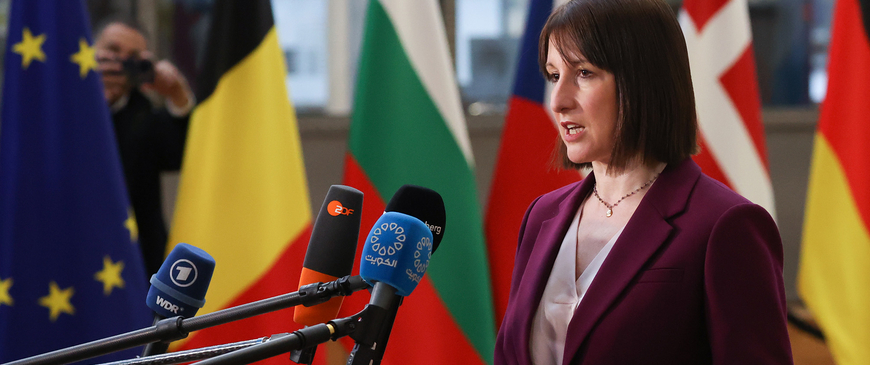
New economic partnership with EU will 'do little' to offset the costs of Brexit
John Springford, an associate fellow at the CER, estimates that a “reset of the relationship” of the sort Labour set out in its election manifesto, combined with the demands the EU is making in return, will raise economic activity in the UK by between 0.3% and 0.7% in the long run.
...The OBR, which has cited Springford’s work in the past, has said it believes much of that 4% “hit” has already been felt.
Springford himself found that the reduction in UK Gross Domestic Product caused by Brexit to be greater - around 5% by the summer of 2022.
Springford has carried out what he calls a “rough and ready” set of estimates of the benefits of the “Brexit reset” as it has been explained.
He concludes that the prize glitters brightly enough to make it worth having but no more - that the negotiating demands for a new economic partnership don’t really add up to very much.

...A “veterinary agreement” to reduce the need for paperwork and border checks on trade in food and agricultural products between the UK and the EU, combined with a deal to ease visa and transport restrictions on performing artists touring in the EU, would “raise GDP by around 0.1% in ten years”.
This is tiny. While alignment with EU animal and plant health rules could lift trade in food and agricultural products substantially, the sector makes up a very small part of the UK economy.
Springford assesses that an agreement on the mutual recognition of professional standards, another Labour manifesto pledge, allowing UK lawyers and architects to practice freely in the EU, would also lift growth by around 0.1%.
...Springford believes a Youth Mobility Scheme of the sort the EU is demanding would have a more significant impact on UK economic output than anything the government proposes.
He told ITV News that the pitch was being "oversold" and despite there being some helpful changes, Springford said: "To the average person on the street I don't think they are really going to notice more money in their pockets or cheaper goods and services."
“Far from ‘tearing down’ barriers to trade and migration, Britain’s proposed reset is likely to do little to offset the costs of Brexit,” he concludes.
